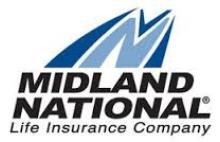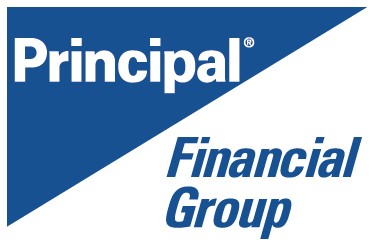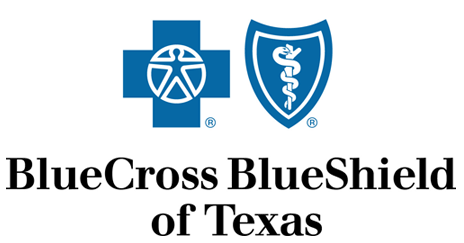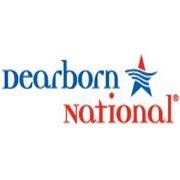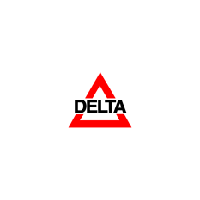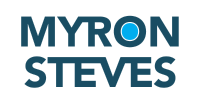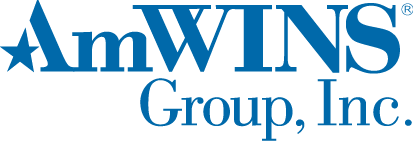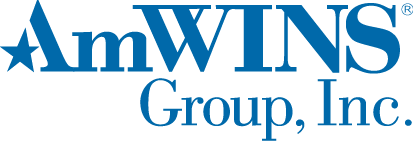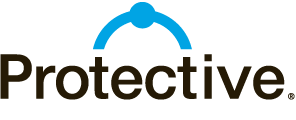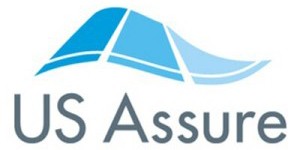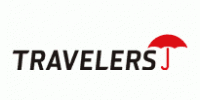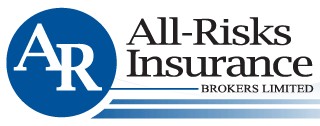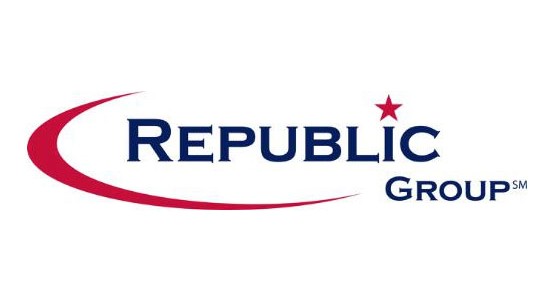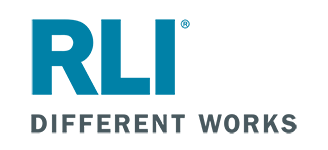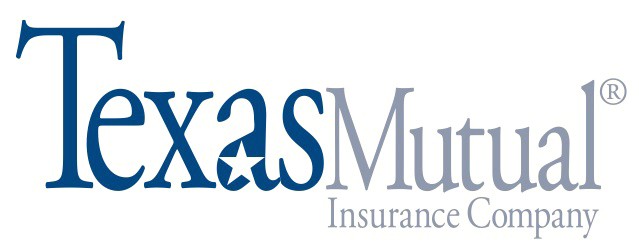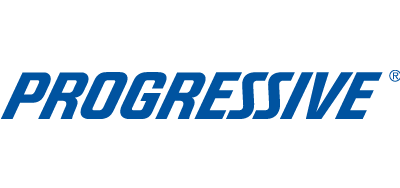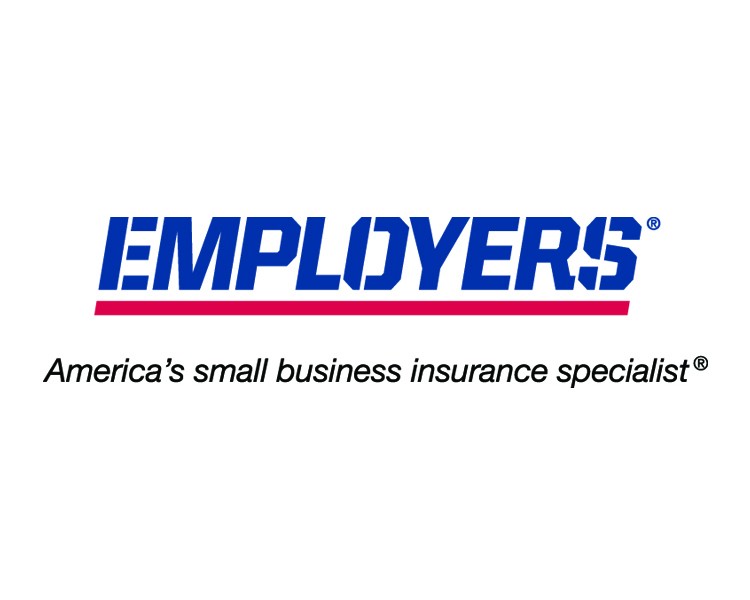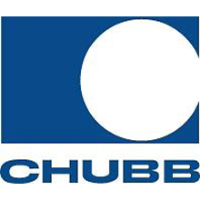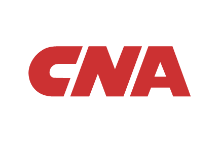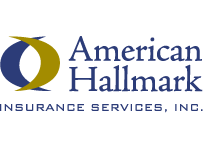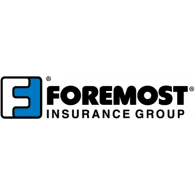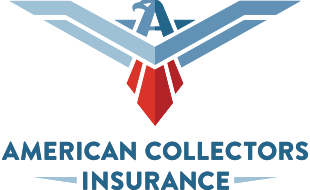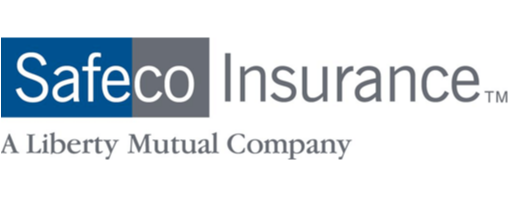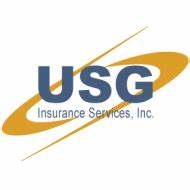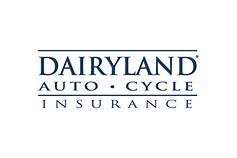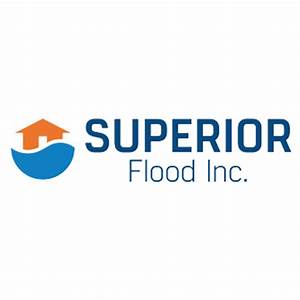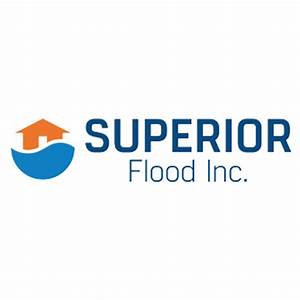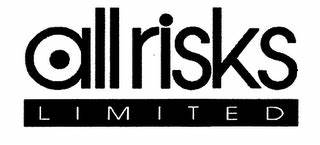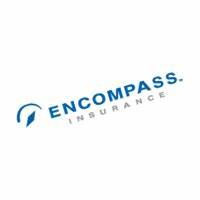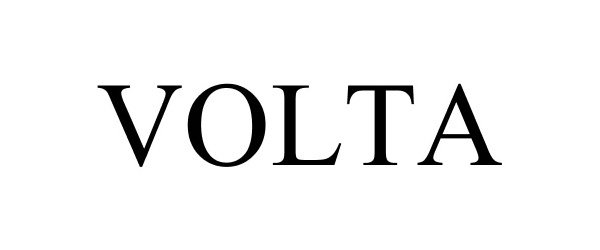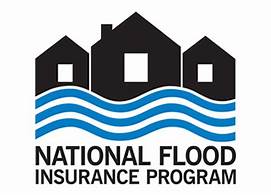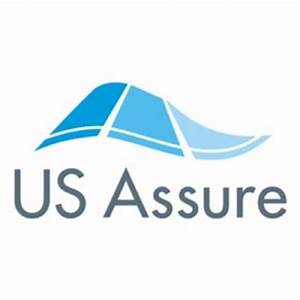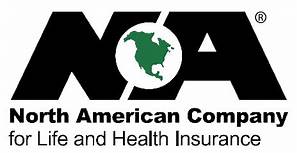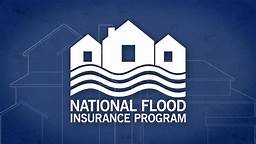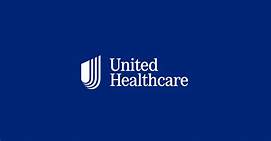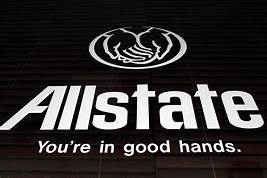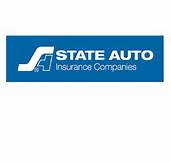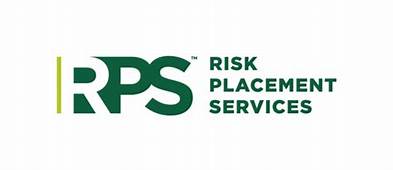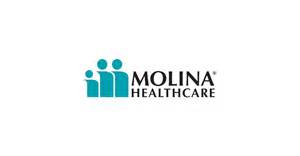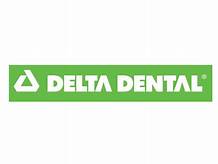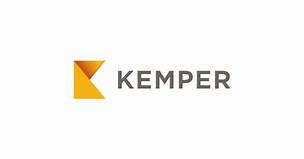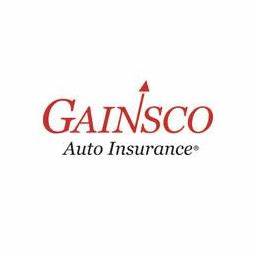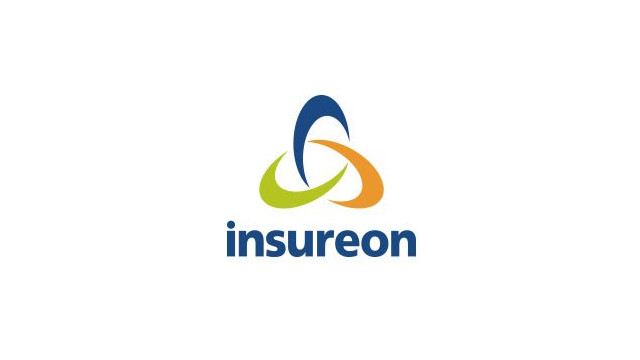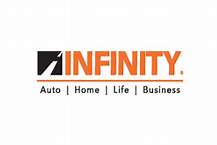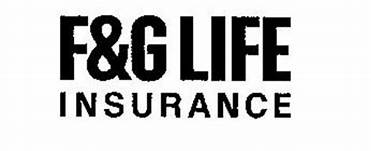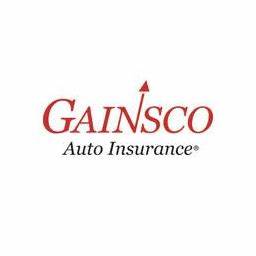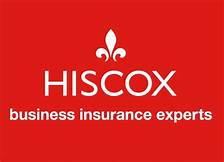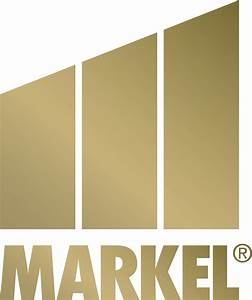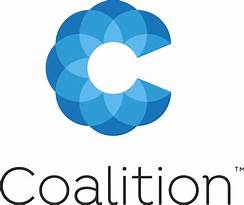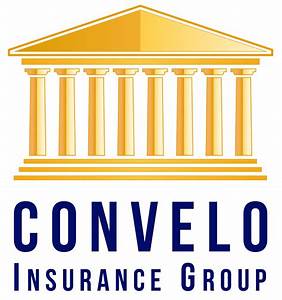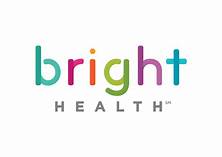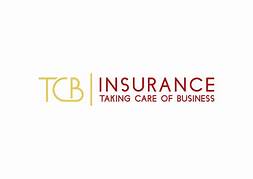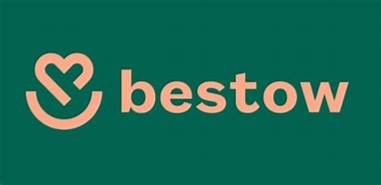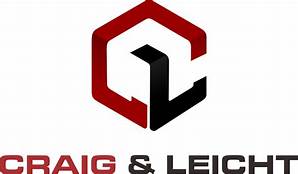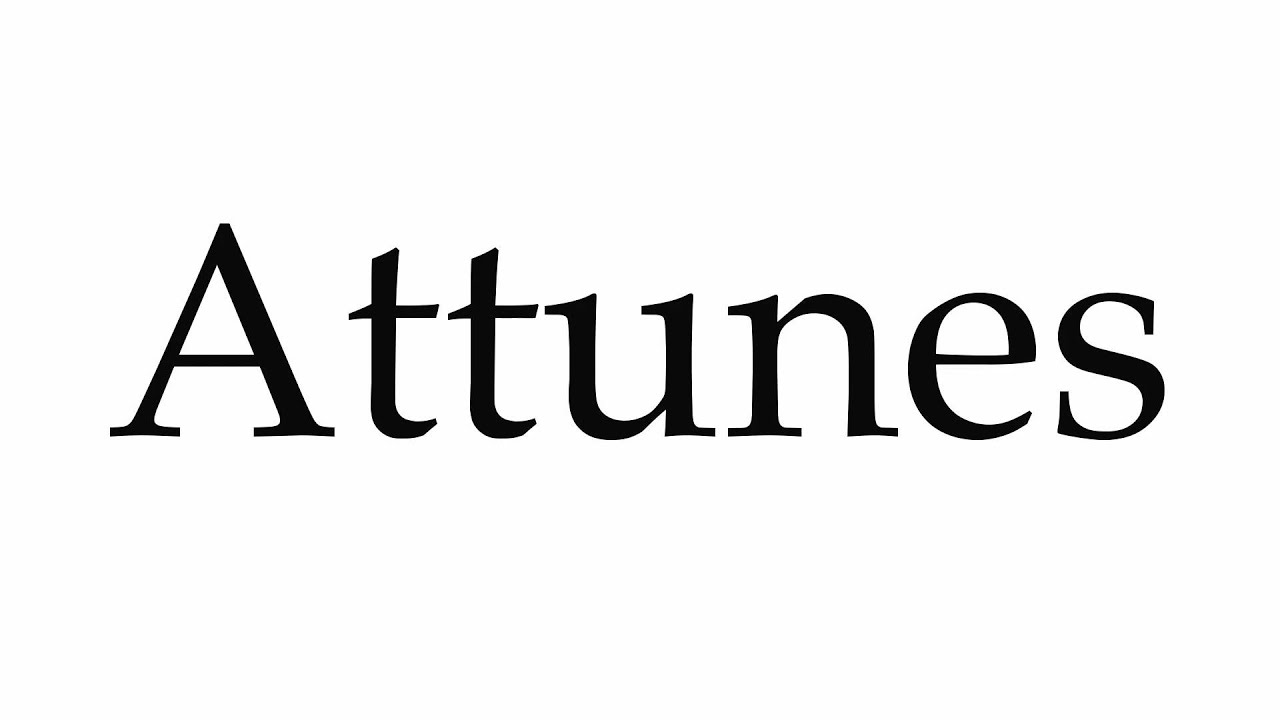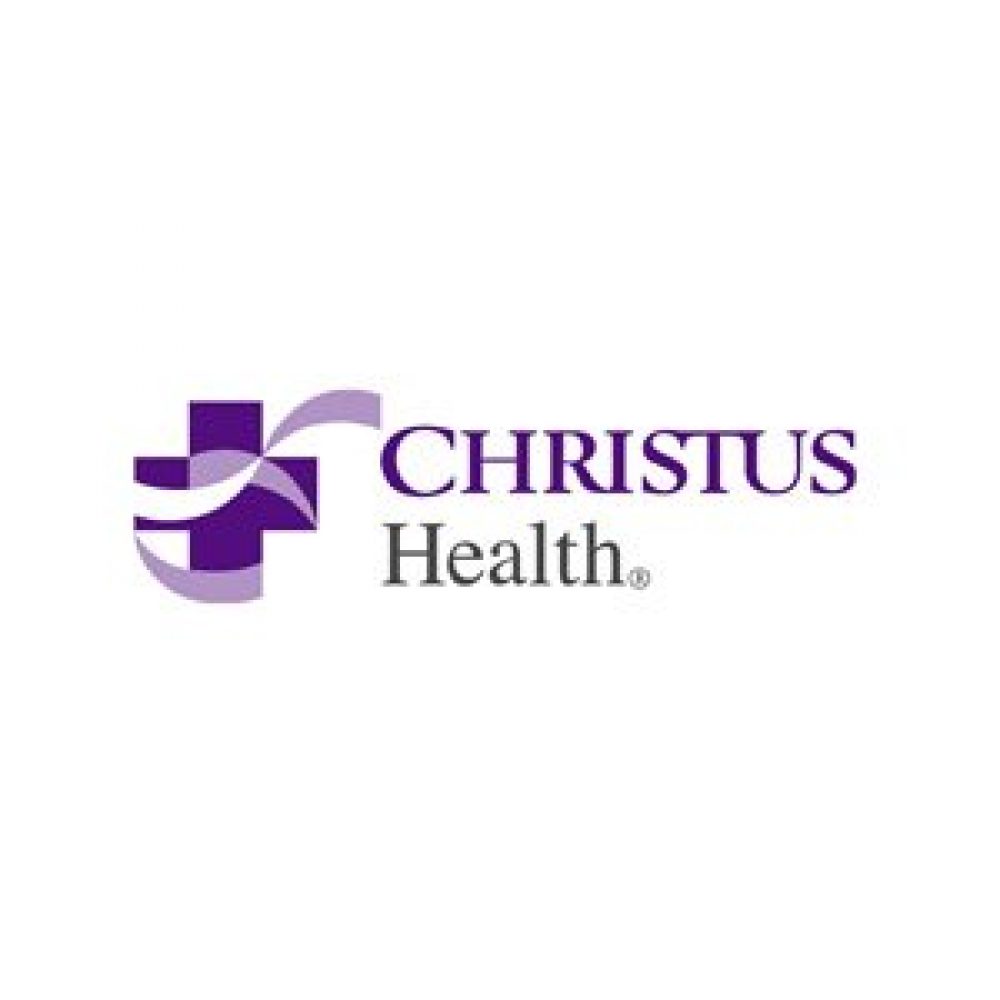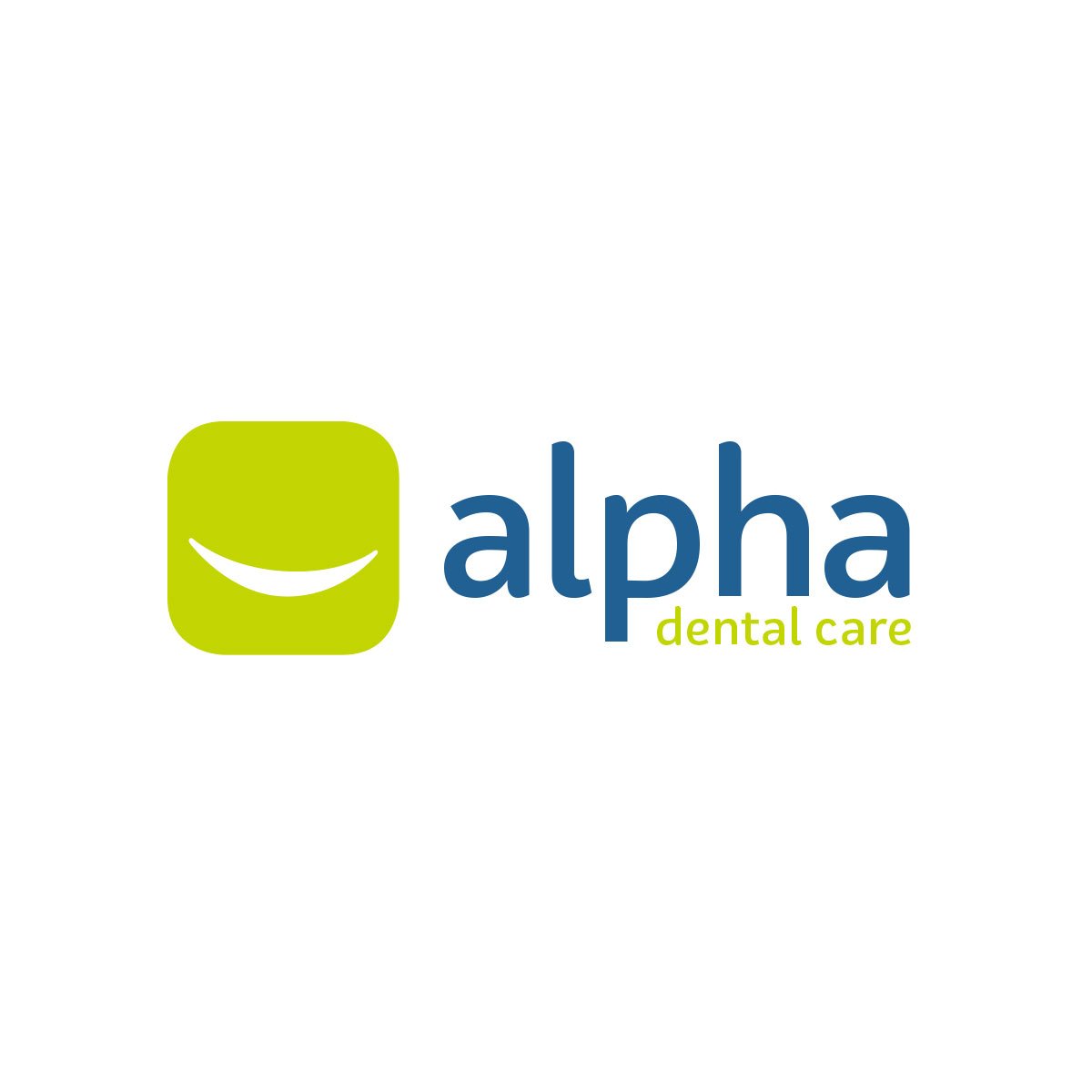Do You Have Any Questions?
Policy Schedule – which mentions all the details about your policy such as your Policy Number, Name and Date of Birth, NIC Number, Date of Commencement, Date on which the Proposal was signed, Nominee, Benefit Structure of the Policy, Premium Due Date, Amount of Premium due, Mode of Payment and other Special Conditions in the policy. Policy Illustration – which spells the projected cash value (your investment value) in future years. Please note that these projected values are based on certain growth assumptions. The final cash value would be based on the actual performance of the fund your premium is invested in. (This is applicable to unit linked plans only)
AUTO INSURANCE FAQS
I have an older car whose current market value is very low – do I really need to purchase automobile insurance?
Most states have insurance laws that require drivers to have at least some automobile liability insurance. These laws were enacted to ensure that victims of automobile accidents receive compensation when their losses are caused by the actions of another individual who was negligent. It is often the case that the cost of repairing the damages to an older car is greater than its value. In these cases, your insurer will usually just “total” the car and give you a check for the car’s market value less the deductible. Many people with older cars decide not to purchase any physical damage coverage.
What is the difference between collision physical damage coverage and comprehensive physical damage coverage?
Collision is defined as losses you incur when your automobile collides with another car or object. For example, if you hit a car in a parking lot, the damages to your car will be paid under your collision coverage. Comprehensive provides coverage for most other direct physical damage losses you could incur, including theft. For example, damage to your car from a hailstorm will be covered under your comprehensive coverage. For a discussion on different car rental insurance, please make sure to read Car Rental Insurance – What are the options and do you need them?
What factors can affect the cost of my automobile insurance?
number of factors can affect the cost of your automobile insurance – some of which you can control and some that are beyond your control. The type of car you drive, the purpose the car serves, your driving record, and where the car is garaged can all affect how much your automobile insurance will cost you. Even your marital status can affect your cost of insurance. Statistics show that married people tend to have fewer and less costly accidents than do single people.
HOME OWNER INSURANCE FAQS
What are some practical things I can do to lower the cost of my homeownerss insurance?
There are a number of things you can do to lower the cost of your homeownerss insurance. The easiest thing to do is get a comprehensive review of your policy and needs from your local agent. It is not surprising to find quotes on homeownerss insurance that vary by hundreds of dollars for the same coverage on the same home. When you shop, be careful to make sure each insurer is offering the same coverage. Another way to lower the cost of your homeownerss insurance is to look for any discounts that you may qualify for. For example, many insurers will offer a discount when you place both your automobile and homeownerss insurance with them. Other times, insurers offer discounts if there are deadbolt exterior locks on all your doors, or if your home has a security system. Be sure to ask us about any discounts for which you may qualify Another easy way to lower the cost of your homeownerss insurance is to raise your deductible. Increasing your deductible from $250 to $500 will lower your premium, sometimes by as much as five or ten percent.
What does homeownerss insurance cover?
What does homeownerss insurance cover? The typical homeownerss policy has two main sections: Section I covers the property of the insured and Section II provides personal liability coverage for the insured. Almost anyone who owns or leases property has a need for this type of insurance. Usually, homeownerss insurance is required by the lender to obtain a mortgage. Make sure to read Understanding Your homeownerss Insurance Policy for more information.
What factors should I consider when purchasing homeownerss insurance?
There are a number of factors you should consider when purchasing any product or service, and insurance is no different. Here is a checklist of things you should consider when you purchase homeownerss insurance: • Determine the amount and type of insurance that you need. The coverage limit of your house should equal 100% of its replacement cost. If your policy limit is less than 80% of the replacement cost of your home, any payment from your insurance company will be less than the full cost to replace your home – you’ll have to pay the rest out of your own pocket. Also, decide if the personal property and personal liability limits are adequate for your needs. • Determine which, if any, additional endorsements you want to add to your policy. For example, do you want the personal property replacement cost endorsement, an earthquake endorsement or a jewelry endorsement? • Once you have decided on the coverage you want in your homeownerss insurance policy, consult us. We will be able to help you determine if there are any gaps in coverage you might not have been aware of, explain the details of the policy’s exclusions and limitations as well as recommend an insurance company that will live up to your expectations.
What are the policy limits (i.e., coverage limits) in the standard homeownerss policy?
Note: this answer is based on the Insurance Services Office’s HO-3 policy. The dwelling and other structures on the premises are protected on an “all risks” basis up to the policy limits. “All risks” means that unless the policy specifically excludes the manner in which your home is damaged or destroyed, there is coverage. The policy limit for the dwelling is set by the policyowner at the time the insurance is purchased. The policy limit for the other structure is usually equal to 10% of the policy limit for the dwelling. Losses to your personal property are covered on a “named perils” basis. “Named perils” means that you have coverage only when your property is damaged or destroyed in the manner specifically described in the policy. The policy limit on the coverage is equal to 50% of the policy limit on the dwelling. Limits for the coverage for the additional expenses that the policyowner may incur when the residence cannot be used because of an insured loss is equal to 20% of the policy limit on the dwelling. The coverage limit on personal liability is determined by the policyowner at the time the policy is issued. The coverage limit on medical payments to others is usually set at $1000 per injured person.
Where and when is my personal property covered?
Personal property (except property that is specifically excluded) is covered anywhere in the world. For example, suppose that while traveling, you purchased a dresser and you want to ship it home. Your homeownerss policy would provide coverage for the named perils while the dresser is in transit – even though the dresser has never been in your home before.
Do I need earthquake coverage? How can I get it?
The standard insurance policy does not pay for direct damages caused by “earth movement.” “Earth movement” is a much broader term than earthquake. It includes earthquake, volcanic activity and other earth movement. This coverage may be available by endorsement for an additional charge. If you live in an area that is more likely to have an earthquake, you’ll pay more than if you live in an area that is unlikely to have an earthquake.. We can help you weigh the costs and benefits of this coverage before you decide to purchase.
What factors should I consider when purchasing homeownerss insurance?
There are a number of factors you should consider when purchasing any product or service, and insurance is no different. Here is a checklist of things you should consider when you purchase homeownerss insurance: • Determine the amount and type of insurance that you need. The coverage limit of your house should equal 100% of its replacement cost. If your policy limit is less than 80% of the replacement cost of your home, any payment from your insurance company will be less than the full cost to replace your home – you’ll have to pay the rest out of your own pocket. Also, decide if the personal property and personal liability limits are adequate for your needs. • Determine which, if any, additional endorsements you want to add to your policy. For example, do you want the personal property replacement cost endorsement, an earthquake endorsement or a jewelry endorsement? • Once you have decided on the coverage you want in your homeownerss insurance policy, consult us. We will be able to help you determine if there are any gaps in coverage you might not have been aware of, explain the details of the policy’s exclusions and limitations as well as recommend an insurance company that will live up to your expectations.
LIFE INSURANCE FAQS
How much life insurance should an individual own?
Rule of thumb” suggests an amount of life insurance equal to 6 to 8 times annual earnings. However, many factors should be taken into account when determining the right amount of life insurance for you and your family. Important factors include: • Income sources (and amounts) other than salary/earnings • Whether or not you are married and, if so, what is your spouse’s earning capacity • The number of individuals who are financially dependent upon you • The amount of death benefits payable from Social Security and from an employer-sponsored life insurance plan • Whether any special life insurance needs exist (e.g., mortgage repayment, education fund, estate planning need, etc.) Calculating the correct amount of life insurance to buy is not as simple as it appears. We recommend contacting us for help determining the right amount of coverage. As independent agents, we are unbiased advisors that will help you avoid buying too much, show you appropriate optional coverages for your need and recommend a company that will best serve your interests.
What about purchasing life insurance on a spouse and on children?
In certain circumstances, it may be advisable to purchase life insurance on children; generally, however, such purchases should not be made in lieu of purchasing appropriate amounts of life insurance on the family breadwinner(s). It is of utmost importance that the income-earning capacity of the primary breadwinner be fully protected, if possible, through the purchase of the required amount of life insurance. This should be done before contemplating the purchase of life insurance on children or on a non-wage-earning spouse. Life insurance on a non-wage-earning spouse is often recommended for the purpose of paying for household services lost due to this individual’s death. In a dual-earning household, it is important to protect the income earning capacity of both spouses.
Should term insurance or cash value life insurance be purchased?
This is a difficult question – one whose answer will vary depending on your personal circumstances. First, recognize that in any life insurance purchasing decision, two questions must be answered: 1. “How much life insurance should I buy?” 2. “What type of life insurance policy should I buy?” The first question should always be resolved first. For example, the amount of life insurance that you need may be so large that the only way you can be afford is through the purchase of term insurance, since term insurance has a lower premium. If your ability to pay life insurance premiums is such that you can afford the desired amount of life insurance under either type of policy, it is then appropriate to consider the second question – what type of policy to buy. Important factors affecting this decision include your income tax bracket, whether the need for life insurance is short-term or long-term (e.g., 20 years or longer), and the rate of return on alternative investments possessing similar risk.
How does mortgage protection term insurance differ from other types of term life insurance?
The face amount under mortgage protection term insurance decreases over time, consistent with the projected annual decreases in the outstanding balance of a mortgage loan. Mortgage protection policies are generally available to cover a range of mortgage repayment periods, e.g., 15, 20, 25 or 30 years. Although the face amount decreases over time, the premium usually remains the same. Further, the premium payment period often is shorter than the maximum period of insurance coverage – for example, a 20-year mortgage protection policy might require that level premiums be paid over the first 17 years.
Can an existing life insurance policy be used to provide for the repayment of an outstanding mortgage loan?
Yes. An existing policy, either term or cash-value life insurance, can be used for many purposes, including paying off an outstanding mortgage loan balance in the event of the insured’s death. Although a lender may offer a mortgage protection term policy to you, the lender rarely requires it. Credit life insurance is frequently recommended in conjunction with the taking out of an installment loan when purchasing expensive appliances or a new car, or for debt consolidation. Is credit life insurance a good buy? Credit life insurance is frequently more expensive than traditional term life insurance. Further, if you already own a sufficient amount of life insurance to cover your financial needs, including debt repayment, the purchase of credit life insurance is normally not advisable due to its relatively high cost.
HEALTH INSURANCE FAQS
Will this health insurance plan help me save money if I’m healthy?
Imagine that, under the plan you’re considering, you and your family have a good health year: You go to the doctor a few times for checkups, your partner takes a couple prescriptions, the kids visit urgent care a couple times – and that’s about it. If you don’t expect to use your plan that often, pay close attention to recurring costs to see if there’s an opportunity to save money. But remember: It’s impossible to fully plan for the unexpected, so be sure to also factor in the cost of getting care if (and when) you need it. Related questions to ask: • How much will I pay each month (monthly premium)? • How much will I pay to see my doctor, visit urgent care, go to the emergency room or fill prescriptions (copays)? • If I get the same care as last year, what would it cost? • Does the bottom line fit my budget?
Will this health insurance plan be affordable if I’m sick?
Now imagine the opposite scenario, where you use your plan a lot: You come down with an infection and need to stay in the hospital for a few days, your partner’s prescription list grows, the kids break a few bones at practice on top of getting strep in the fall – and more. It’s always hard to see situations like this coming, so it’s wise to be sure that your plan makes care affordable if you need to use it. In the end, you’ll want to aim for a good balance between expenses you can plan for (like monthly premiums, deductibles and the out-of-pocket maximum) and ones you can’t (like copays or coinsurance you pay only when you need care). Related questions to ask: • How much will I have to pay before the plan starts to help (deductible)? • What’s my share of the cost of other care, like getting an X-ray or staying in the hospital (coinsurance)? • What’s the most I’d have to pay for care next year (out-of-pocket maximum)? • Could I afford the out-of-pocket maximum if I had to pay it?
Are my doctors covered by this plan?
Health insurance companies work with different doctors and clinics to help you get the best deals on your care. Getting care from a person or place your plan covers saves you money. On the other hand, getting care somewhere else may mean your health plan pays less, leaving you with bigger bills. That’s why you’ll want to check that the doctors and clinics you expect to visit will be covered by the health insurance plan you’re considering. Related questions to ask: • How big is the plan’s coverage network? What kind of network is it? • Is my current doctor covered by this plan (are they in-network)? • How much will I pay if I see a doctor who isn’t covered by this plan (out-of-network)? • Do I plan to get out-of-network care? Am I willing to switch doctors or locations if the ones I want aren’t in-network?
What is this health insurance plan’s prescription drug coverage like?
According to Georgetown University, two-thirds of all adults in the United States use prescription drugs, so there’s a fair chance you will, too (if you’re not already). It’s not unusual for people to get so focused on the medical details of their health insurance plan they forget to look at the prescription drug coverage. These costs can add up, so be sure to review the plan’s formulary (drug list). The formulary will tell you which drugs are covered and how much they’ll cost. That way, you can better plan your budget for any current drugs you’re taking (and any future ones you might need, like antibiotics). Related questions to ask: • How much will I pay for my regular prescriptions? Are they affordable? • Do I need my health plan’s approval for any prescriptions before I fill then? • Which pharmacies are in-network? Are their hours and locations convenient? • What are my options if my prescriptions aren’t covered?
Will this health insurance plan make it easy to get care if I’m sick?
Waking up with a sore throat or sinus infection is never fun. When it happens, you want to feel better and find care – fast. Everyone gets sick from time to time, so before it happens, consider how easy your plan makes it to find covered care. With this information in mind, you’ll know where to go and what to do as soon as you feel the first inklings of illness coming on. Related questions to ask: • Do I have to pick one primary clinic or doctor I always go to first? • Are there covered urgent care clinics or emergency rooms nearby? • Does the plan cover virtual care options, like Virtuwell?
Will this health insurance plan make it easy to get care if I’m well ?
Remember: health care is health care. To make the most of your plan, you’ll want to investigate what kind of benefits it has not only when you’re sick but also when you’re already well. With a better sense of how your health insurance plan will help you keep feeling your best, you can save a few trips to the doctor’s office (and probably a few bucks, too). Related questions to ask: • Are there free services to keep me healthy? Which ones are important to me and my family? • Will I pay anything for regular checkups, annual OB-GYN visits or routine tests? • Will I pay anything for regular immunizations, like a flu shot?
If I’m interested in alternative therapies, how does this plan’s coverage work?
See a chiropractor? Planning to have your baby at home? Curious about acupuncture? Different health plans treat alternative therapies (alternative medicine) different ways. In some cases, you’ll be covered the same as any other care. In other cases, you’ll only be covered a little or not at all. If this kind of care matters to you, take a close look at your plan’s benefits. Related questions to ask: • How much do alternative therapies or services cost? • Is there any kind of cost-sharing for alternative medicine? • Do I plan on using alternative therapies often? Am I comfortable using other treatments instead?
Are there extra perks and benefits that come with this plan?
Health insurance plans aren’t all about numbers, medical coverage and drug coverage. Oftentimes, there are additional perks and benefits that can really help you improve your health or save money. For example, will you have access to health coaches? Will you get a discount on your gym membership, or at the grocery store? Are there visits to a virtual clinic, like Virtuwell , at no cost to you? Dig into the options – you may find welcome some surprises. Related questions to ask: • Does this plan offer any extra benefits that other plans don’t? • Will I actually use these additional perks? Which ones do I care about?
Will this health insurance plan still be right for me if my needs change?
Sometimes it’s expected and sometimes it’s not – but life changes, and so does what you need from your health plan. If you know how your plan can grow with you, it’s easier to make a decision you’re comfortable with from the start. That way, you’ll have a good understanding of how different changes will affect your and your family’s coverage. Related questions to ask: • What happens if I move or get a new job? • If I have a baby or decide to adopt, how will the child be covered? • What if I or someone in my family develops a serious health condition? • Am I expecting any big life changes in next year or so?
Is it easy to get support and advice with this plan?
Health care can be complicated, so it’s not unusual to have questions about using your insurance or getting care. Whether it’s when you’re signing up, searching for clinics near your vacation rental or wondering if you need to get care at 3 a.m., it’s vital to find a plan that makes member support easy and straightforward. Related questions to ask: • Can I call a 24/7 nurse line whenever I have a health question? • Who will I call if I have a question about my insurance? When are they available? • Are there people available to help me and my family pick the right plan? • Will I know how to get in touch with the right people when I need to?
COMMERCIAL INSURANCE FAQS
What types of insurance are available to small business owners?
You should consider what type of coverages are available to you as a business owner. Often, there are different types of insurance bundles available to businesses in your industry that can help protect your business. Being informed about all the options out there can help you make a more informed decision as you shop commercial insurance. Call us at 413.475.283 Complete our online quote form today
What insurance should I consider and why?
Your agent will help you assess the types of coverage you need to help protect your business. The needs of a construction business are very different than those of a online retail shop. Your agent can help guide you through the insurance buying process and can offer recommendations and suggestions that make sense for your business. They will also be able to answer any questions you might have about the coverage.
What are the policy’s limits?
Your commercial insurance policies have limits, or the amount that your insurance will cover. Make sure this is enough to adequately protect your business. Depending on the nature of your work, where you are located, and other factors can impact what your policy limits should be.
What does this policy NOT cover?
While it might be clear what coverages do cover, sometimes what they don’t cover is equally as important. Make sure that you are clear on what is and is not included in your insurance policy. That way, you can understand where you have gaps in coverage and how that may impact you if peril does strike. For instance, flooding is often a separate policy. Therefore, if you do not have flood insurance, and flooding causes damage to your business’s inventory, you could be incurring a large financial burden.
How and when do I submit a claim?
If you have not submitted a claim before, this process can be a bit daunting. Your agent will help give you some pointers and guidelines on how to do this if need be. Learn more about filing a claim and the process here.
What are the payment options for coverage?
Work with your agent to find coverage that works for your business. Often, insurance companies will offer discounts if you pay for your coverage in full. There may be other discounts available. Talk to your agent about how to pay for your insurance and what you can afford.
Are there any discounts?
There are many discounts that insurance companies offer. You should ask your agent about them to see if you qualify for any. A common way to save on insurance is though bundling multiple types of coverage. There may be discounts that you are unaware of that your agent can help indentify for you.
What’s the cost of coverage?
The way that insurance coverage works, there is a premium and a deductible. Your premium is your annual cost of coverage. Your deductible is how much you will need to pay out of pocket before your coverage kicks in. Talk about these numbers with your agent and make sure they are the right amounts for your business. Often a higher premium will result in a lower deductible, and vice versa. There are different things that can affect the cost of insurance, including your industry, where you work, and more. Your agent can help you work through the process of finding a coverage that works for your business.
How do I protect my property?
Depending on where your business operates, you might need to get coverage to protect it. Talk to your agent about property insurance to make sure that the building and contents are protected. Other businessnes may not have the same needs for property coverage, so it’s important to chat to your agent about property coverage.
Can I get more coverage?
You can ask your agent about possible gaps in your coverage. These are areas where you may be lacking coverage. Talk to your agent about ways to overcome these gaps. You can also ask about potential umbrella policies and how they could benefit your business. An umbrella policy is designed to be a safety net – it extends your existing coverage. However, every business is different, and your agent can help you navigate through the difference coverages available.








